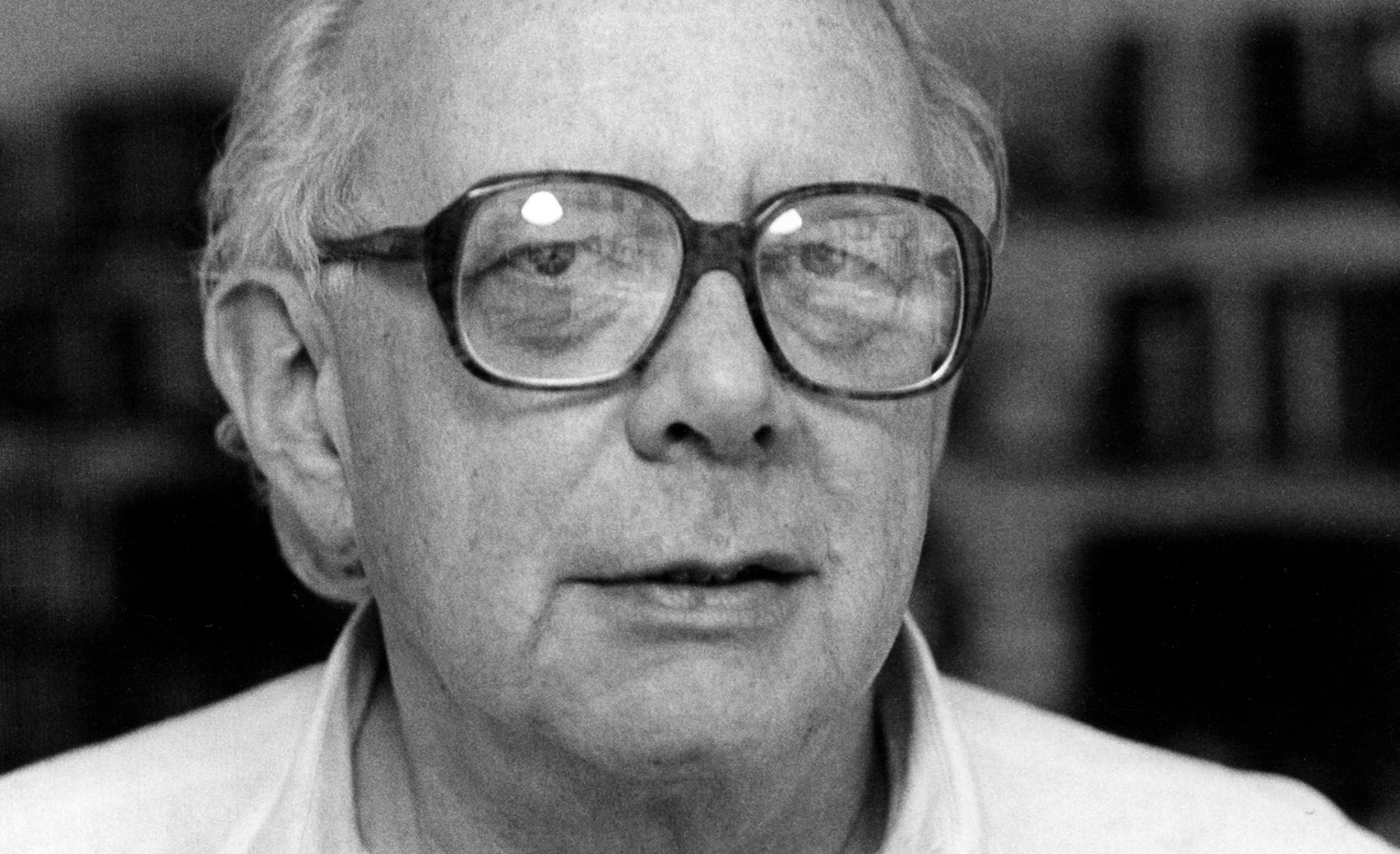Holocaust memorial
Not to mention London’s role in preventing Jews from escaping Hitler.
Ukrainian authorities report damage to the Holocaust memorial site.
Especially when they shy away from its real causes.
Aristides de Sousa Mendes.
A former comedian discusses the 20th century’s great tragedies.
Contention was so much a part of modern Yiddish culture that, in any study of that culture, it was all but taken for granted.
An exhibit bearing the Dutch girl’s name decries modern-day instances of hatred and ethnic and cultural prejudice. Missing is any mention of anti-Semitism.
Survivors of the Holocaust in Europe waited two decades before their stories could be heard in Israel. Holocaust survivors from North Africa have been waiting much longer.
Angela Merkel has been criticized for choosing an election campaign to become the first German chancellor to visit the Dachau concentration camp. There was more. . .
Conventional wisdom holds that the Holocaust did not enter public consciousness until the Eichmann trial in 1961. Contesting that idea, two new books reshape the debate surrounding Holocaust memory.
Amid the joyous clamor of today’s ex-ghetto, the voices of its last inhabitants, hunted down by Nazi soldiers in October 1943, can still be heard.
Aristides de Sousa Mendes saved 30,000 from Nazi persecution by issuing them Portuguese visas. Last month, survivors returned to Portugal to honor the memory of their rescuer.
The music and poems composed in the concentration camps enabled Jews to assert their humanity even as it was forcibly stripped away.
For decades, the Holocaust was a taboo subject in Israel. But today, as the number of survivors dwindles, Israel is working to ensure that memory,. . .

